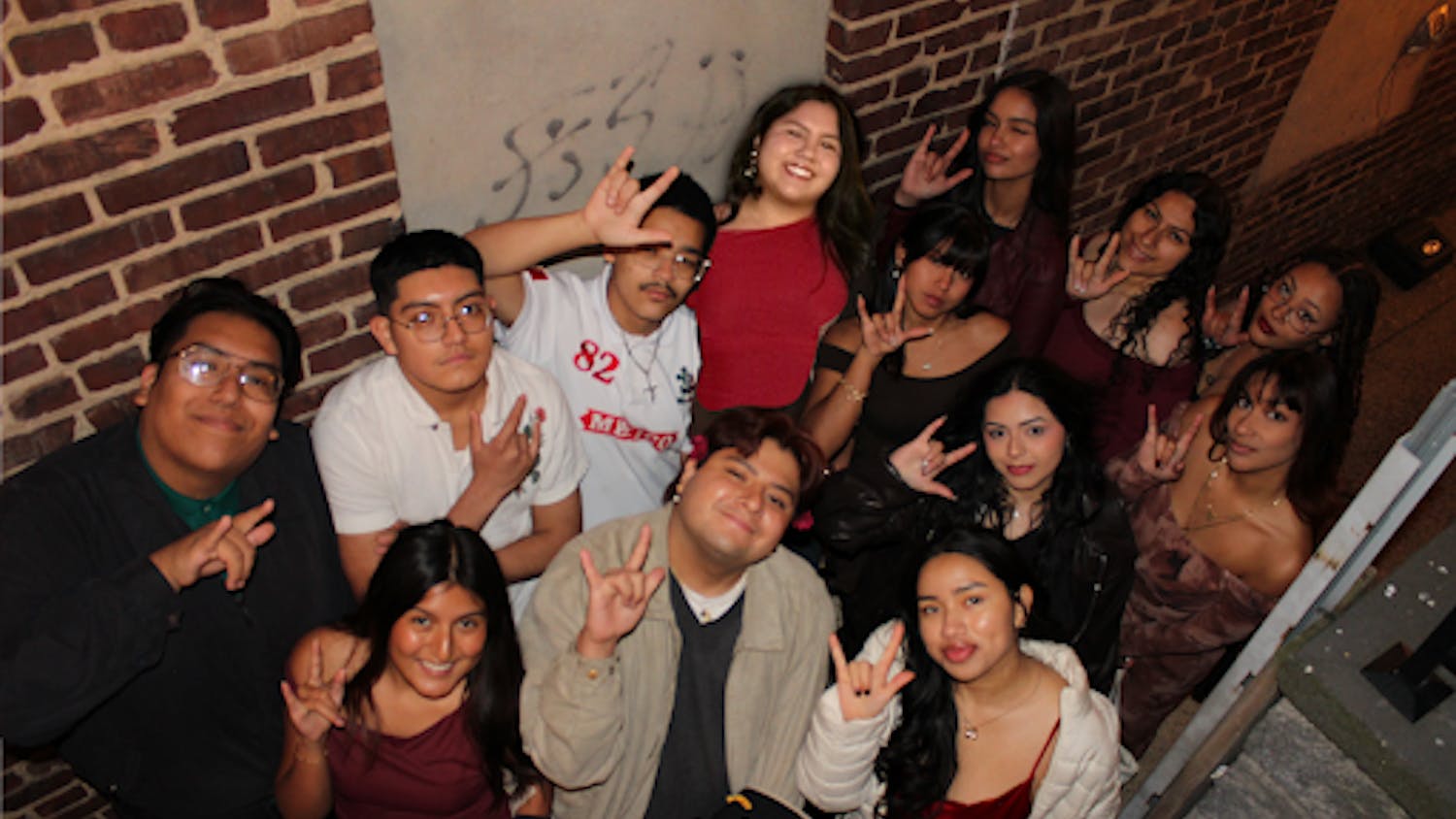During eight years of interviews and research on the lives of college students, Tim Clydesdale, professor of sociology at the College, discovered that the public often fails to appreciate the complexity of college life. Clydesdale once shared a similar view.
"I assumed - foolish, I know, but I did it anyway - that the transformative experience I had during the first year after my high school graduation was a common experience," Clydesdale said. "When I discovered that it rarely was, I was hooked and had to find out why."
Today's college experience is no longer a mystery to Clydesdale, who recently published a new book about the challenges of freshman year, "First Year Out: Understanding American Teens After High School." In it, he explores the driving forces in one's life after high school.
According to Clydesdale, these forces are much more extensive than the stereotypes of partying and drinking.
"I'd say the biggest problem is getting so caught up in the press of relationships, gratification and consumption that matters which are deeper, wider or longer-term get ignored," he said. "These may be personal identity matters or larger societal and global matters."
Clydesdale compares college life to a cruise ship, saying, "It's like high school graduates board a cruise ship, immerse themselves in the on-board cruise life, learn the ways of cruise life fairly well, but never give a moment's thought to the ship's destination or whether the captain is even at the helm."
So why did a sociology professor not notice this pattern of behavior in his students before his research? Clydesdale said students who come to their professors with concerns are rare.
"As a researcher, I found students quite willing to open up if I sought them out for conversation, but it's rarely the other way around," Clydesdale said. "That's largely because academic life in general is on the back burner of students' lives. It is attended to as necessary, but the press of relationships to navigate, gratifications to manage and economic adjustments to handle are far more absorbing."
Of course, in "First Year Out" Clydesdale recognizes that there is still a group of what he calls "exceptional teens." These students are active politically, religiously and academically, much like he was during his undergraduate years at Wheaton College.
"I found the world of learning to be utterly fascinating and assumed everyone else did, too," Clydesdale said. "It wasn't until I became a professor that I realized how rare students like I was actually are."
Clydesdale feels that most students today temporarily move away from their political, religious and racial identities without even considering them. He describes these identities as "the very things that can give purpose and direction to the captainless ship." This translates into problems for many young adults after college, whose "lack of mindfulness about themselves and the world they inhabit during their college years" left them unsure about their futures after graduation.
Despite the "captainless ship" trend, Clydesdale says he does not necessarily worry about social change. He does, however, worry about the college students' part in social change.
"The only thing constant in our world is change, but I worry that when many young adults get into the habit of focusing exclusively on their micro-worlds and their personal consumption, they lose the opportunity to play a role in that change," Clydesdale said. "In effect, they turn over their voice to those with vested interests."
According to Clydesdale, there are ways to focus on the greater picture.
"Those students who do this best are those who keep a healthy skepticism toward popular culture, who see through its shallow messages and are willing to make unpopular choices, but which reflect who they are at the deepest levels and in response to the larger needs around them," Clydesdale said.
Overall, "First Year Out" dispels pre-conceived ideas about the college experience and freshman year in specific. Clydesdale shows a deep understanding of the problems recent high school graduates face, the reasons for these problems and how they can be fixed.






